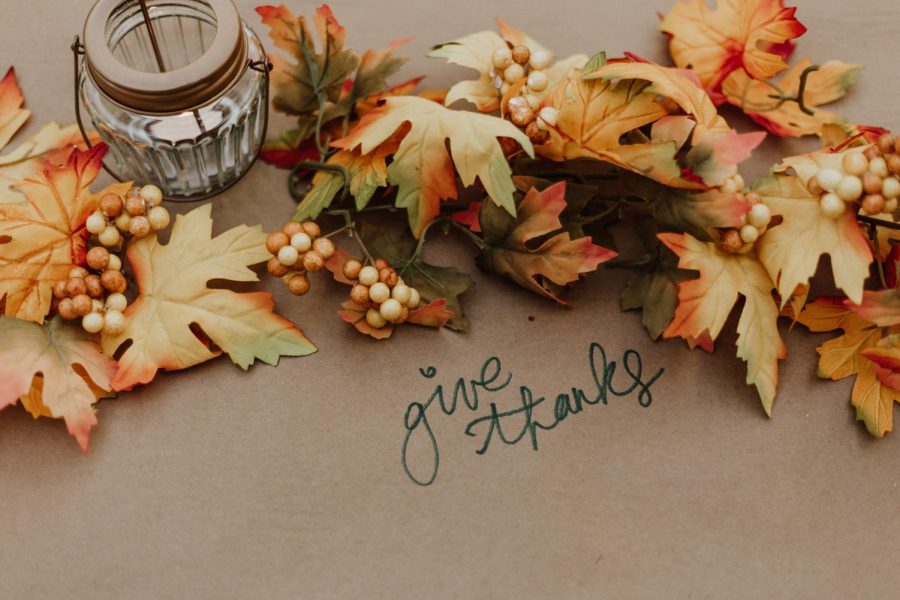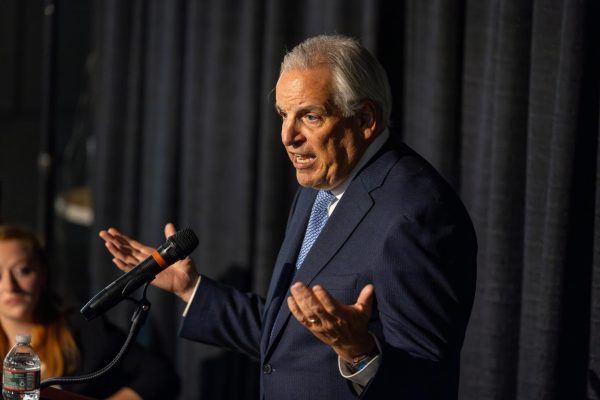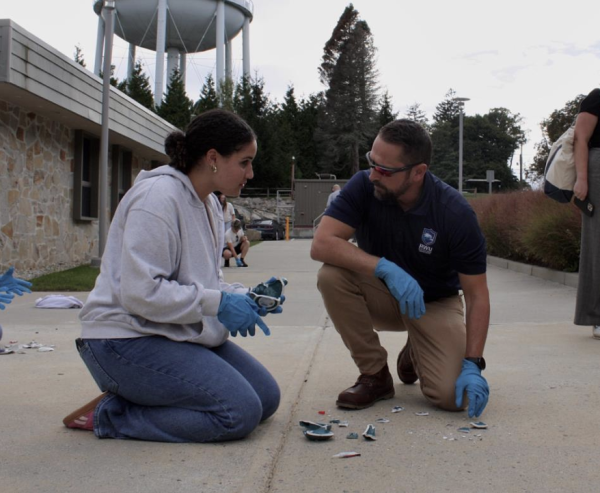The importance of gratitude
Being thankful is not limited to Thanksgiving
Courtesy of Priscilla du Preez on Unsplash
According to Dr. Erin Tooley, practicing gratitude can improve the quality of life.
Thanksgiving is more than the yummy food prepared on the kitchen table. It is a holiday dedicated to gratitude, but this should not be the only time to be thankful. According to Dr. Erin Tooley, Associate Professor of Psychology and Public Health at Roger Williams University, practicing gratitude can improve the quality of life in more ways than one.
Tooley explains that people who are more grateful report “greater well-being, less stress, less loneliness, higher quality of life and are less likely to suffer from depression and anxiety.” In addition, feelings of gratitude lower the risk of cardiovascular disease, and it can improve the quality of relationships with loved ones.
“Especially during more stressful times (think COVID), gratitude may act as a buffer and help protect people against the negative impacts of stress,” Tooley said.
Other stresses include the stress of school, work and daily life during a pandemic. With gratitude being a big part of Thanksgiving, Tooley said that “when we express gratitude to our loved ones during the holidays, this can strengthen those relationships and make the holidays more fun and meaningful overall.”
Tooley brings up the term “post-traumatic growth,” and defines it as “the idea that we can make meaning out of the difficult times in our lives and come through it with positive psychological change.” After dealing with COVID for the last two years, and dealing with the various types of hardships that follow, Tooley believes that if we consider the lessons we learned during the pandemic, it may help us process and adapt to these experiences.
“For example, what did you learn about yourself? How did your relationships change for the better? What hobbies or new interests did you pick up?” Tooley said. “Recognizing these kinds of positive changes in ourselves allows us to take our hardships and grow from them.”
In terms of how to develop a gratitude practice, Tooley advises thinking of several things you are grateful for each day while also expressing gratitude to others, which can help improve your relationships. In addition, try to look for the meaning and/or positive change that results from difficult situations.
“Hardship is a part of the human experience,” said Tooley. “Try to find ways to look at the value in coming through difficult situations.”
As for the upcoming Thanksgiving break, Tooley strongly recommends taking a genuine break.
“Taking time (even if it’s just a little bit of time) to truly rest and be with your loved ones can make all the difference in your mental health and your academic success in the last few weeks of the semester!” Tooley said.







